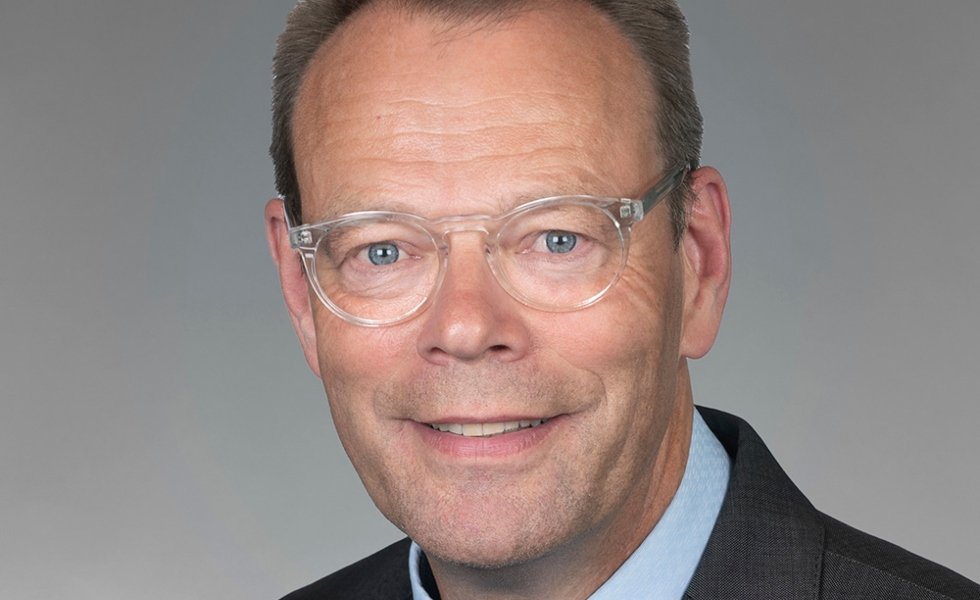Dick Kamp: Strategic risk management for pension funds in 2040
Dick Kamp: Strategic risk management for pension funds in 2040

This column was originally written in Dutch. This is an English translation.
By Dick Kamp, Director of Pension, Investment & Risk at Milliman Pension
Developing a strategic vision for 2040 is crucial for pension funds. By thinking ahead now, they can prepare for future challenges and opportunities. This enables boards to proactively implement policy measures that support the 2040 goals. After all, that year is closer than we might think.
Although no one can predict the future with certainty, outlining various scenarios is an effective way for pension funds to prepare. By actively anticipating various possible developments, you increase your chances of success. It is essential that funds regularly evaluate and adjust their strategy in order to respond optimally to changing circumstances.
The current context
In 2025, Dutch pension funds will manage an impressive €1,800 billion in assets, almost twice the national income. These assets play a crucial role in financing government loans, business investments, and infrastructure projects. Guaranteeing a good pension is not only important for the financial security of pensioners, but also for the economic stability of the Netherlands.
History and future prospects
Pension funds were almost all established in the 20th century as social institutions. After the financial crises at the end of the 20th century and the beginning of the 21st century, it became clear that pension funds had increasingly developed into financial institutions. Supervision, organization, and management were increasingly adapted to this. This governance pressure is one of the reasons why there are fewer and fewer pension funds. At the beginning of the 21st century, there were still more than 1,000. By 2024, this number will have fallen to around 140, and by 2040 it will have consolidated further.
In the future, there will probably be a few very large pension funds that will have a profound impact on the economy and society.
Changing world view
The Netherlands is undergoing continuous maintenance. The fact that we are doing well in terms of income, education, the economy, and happiness in 2025 is no coincidence. Continuous investments have been made in education, business, health, and social services.
This, together with geopolitical shifts and the rise of economies such as China, India, and Africa, calls for a strategic reorientation of the role of pension funds. The Netherlands must continue to develop in order to keep pace with global changes. Pension funds can play a key role in shaping a sustainable and prosperous future for the Netherlands.
The new role of pension funds
As mentioned earlier, pension funds are evolving from purely social institutions into social-financial institutions. While the primary objective of pension payments remains unchanged, funds must also consider their role in supporting social change. This includes facilitating further training opportunities and possible time-outs for participants, in line with changing life phases.
Redefining returns
The concept of returns must go beyond financial gains alone. Pension funds must also invest in projects that contribute to the future economic and social development of the Netherlands. This requires not only a clear vision, but also a strategic approach, in which returns are assessed in part on the basis of their long-term social impact.
Strategic dialogue
Pension funds must actively participate in the social and economic dialogue. This requires vision, innovation, and the ability to navigate complex decision-making processes. The implications of this for governance and investment policy must be thoroughly investigated.
Implications for the sector until 2040
This is food for thought for a number of follow-up articles. In brief, this means the following for the pension sector ecosystem as a whole:
- A steady continuation of the consolidation trend.
- The development of skills among the remaining pension funds to enable them to engage in the socio-economic debate.
- The development of skills to implement the consequences of the debate.
- The development of a more targeted pension product development process (more participant empowerment).
- Strategic choices for pension administrators to remain relevant to pension funds and to be able to support development.
- Strategic choices for advisors in the development of their own competencies and skills to be able to continue to support pension funds.
By taking these steps, pension funds can not only contribute to a sustainable future, but also ensure their own robustness and relevance for the coming decades.
This is the fortieth column in a series on risk management. The series aims to encourage readers to consider risk management as an integral part of running a pension fund.
